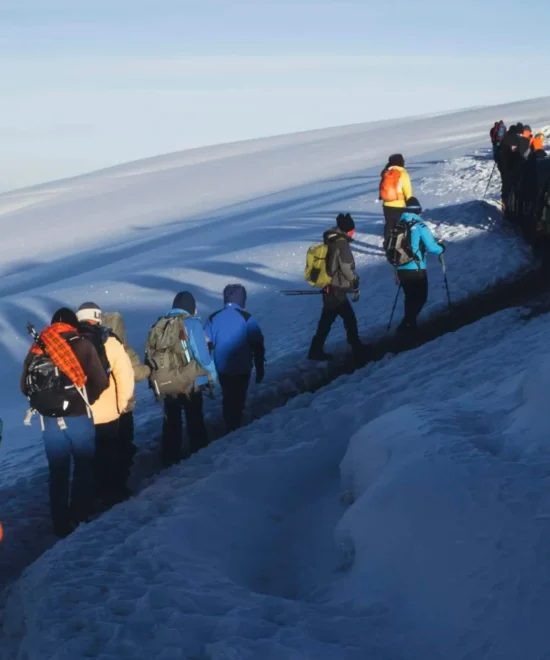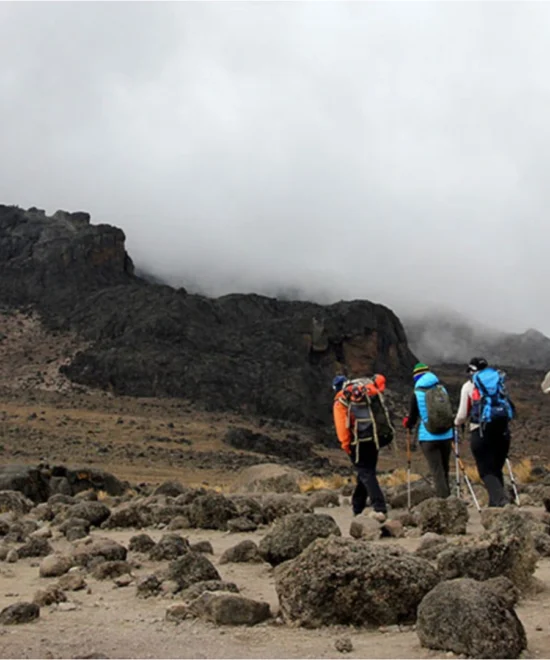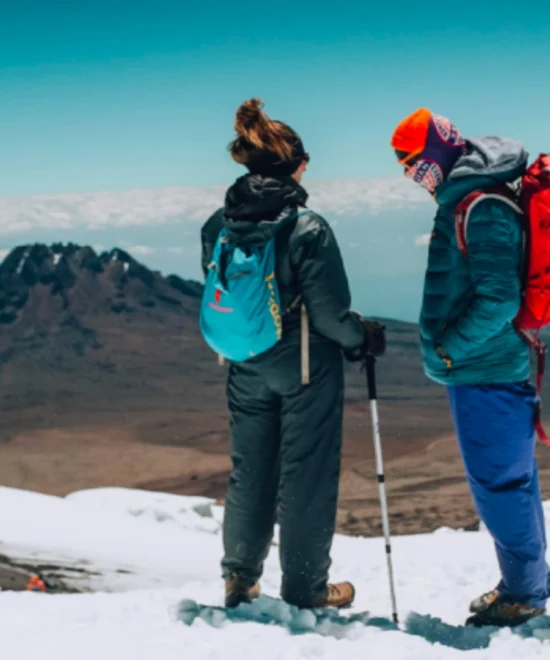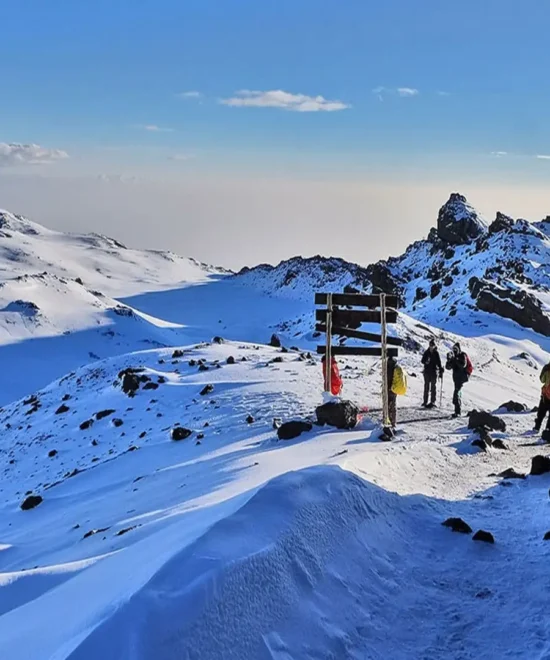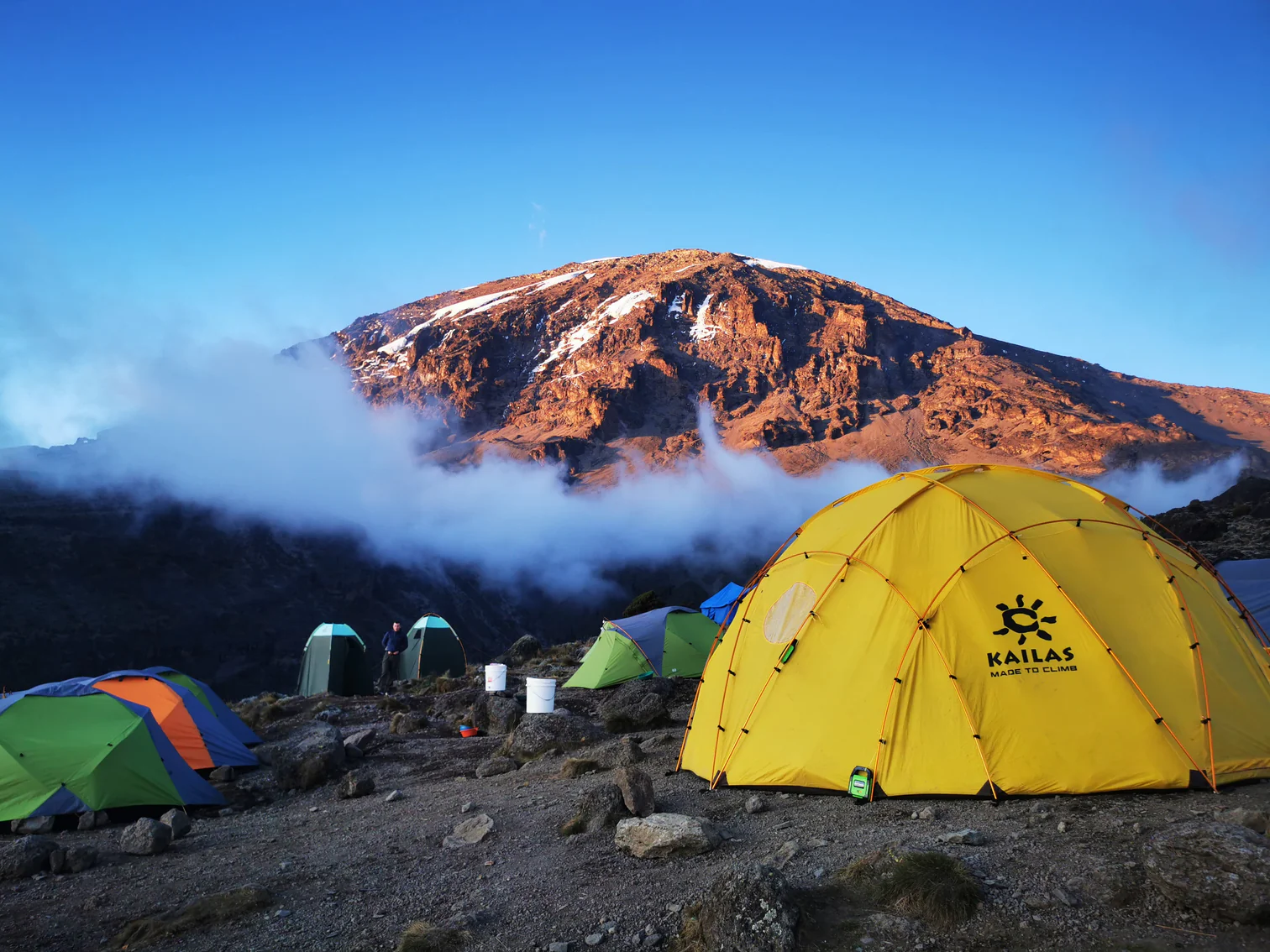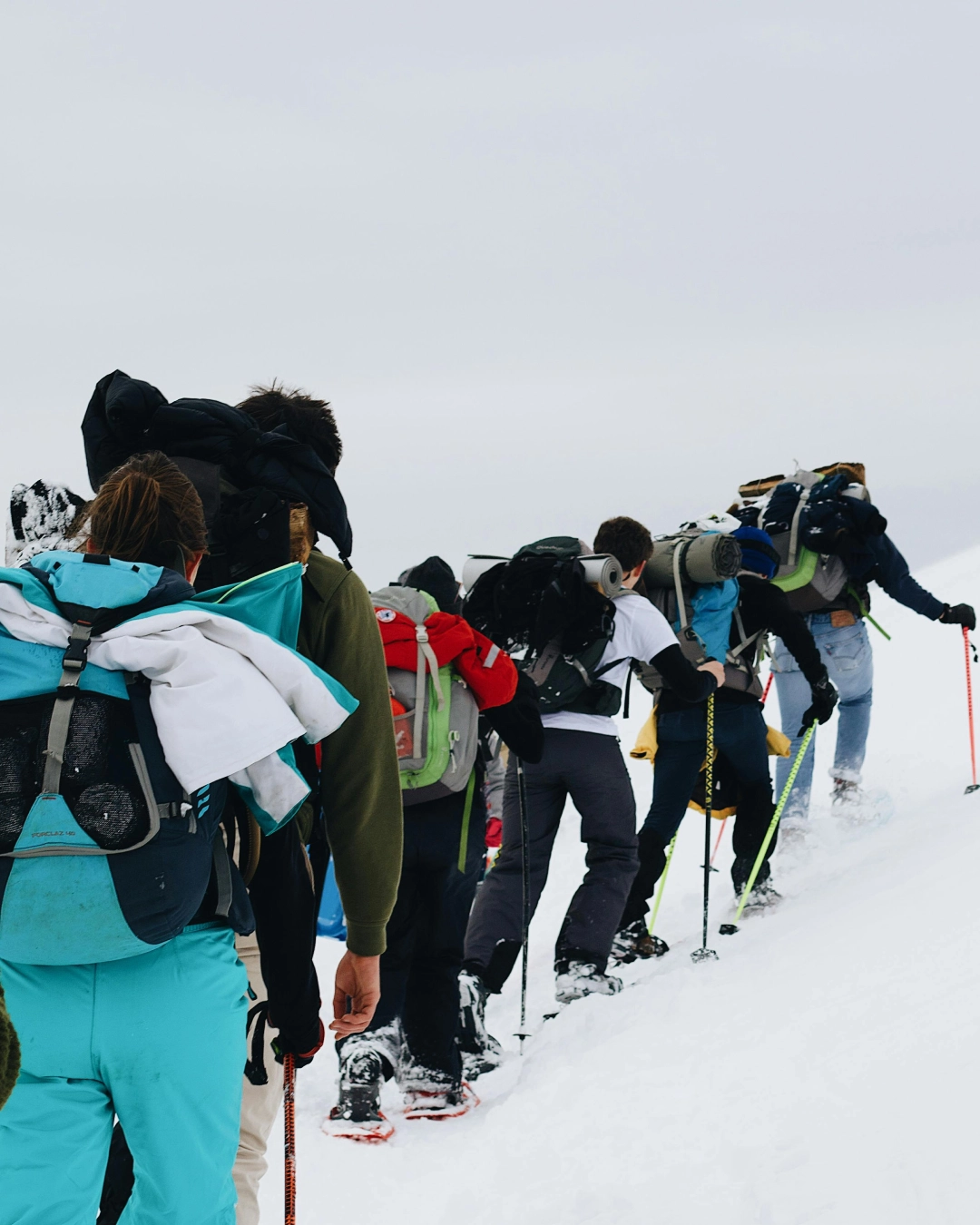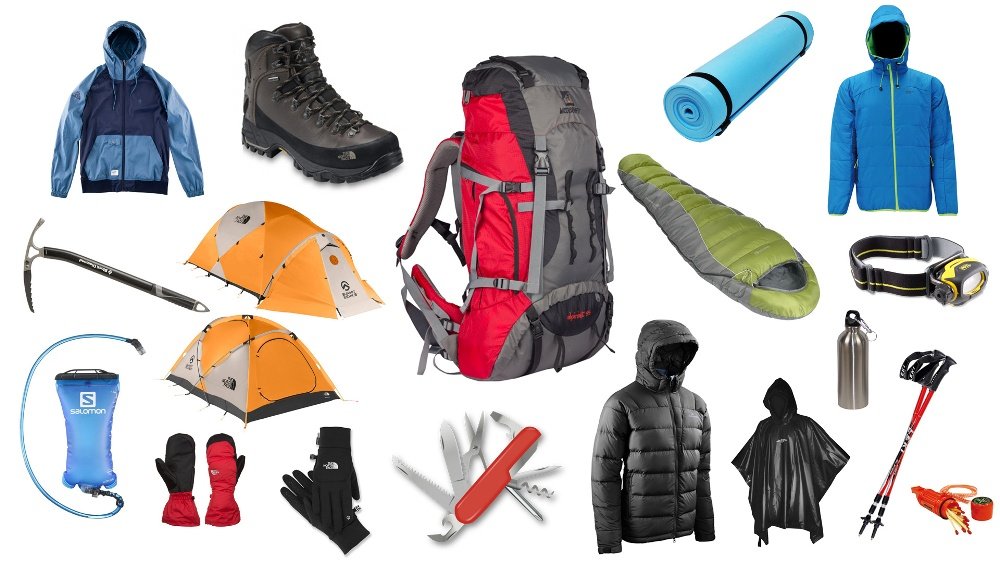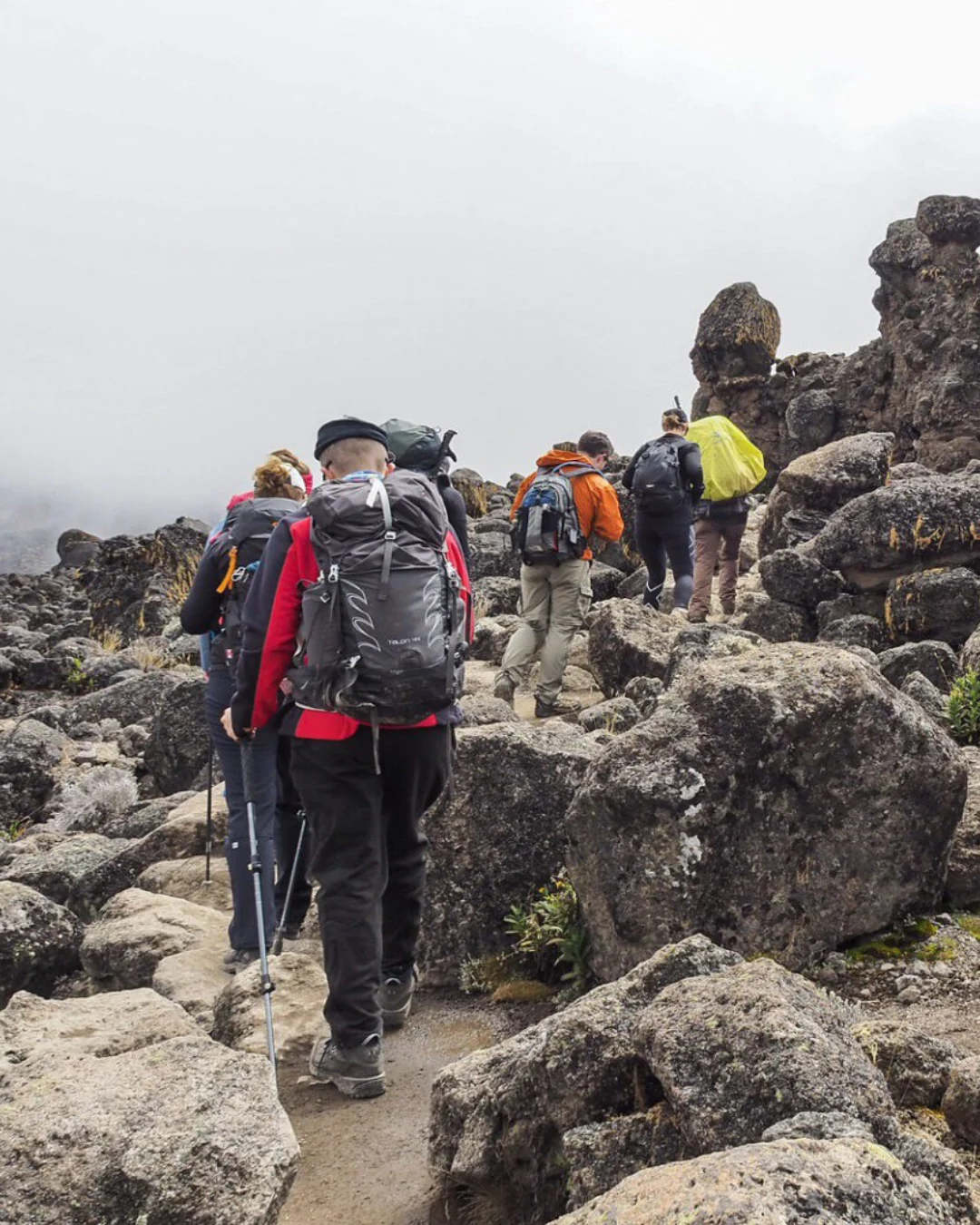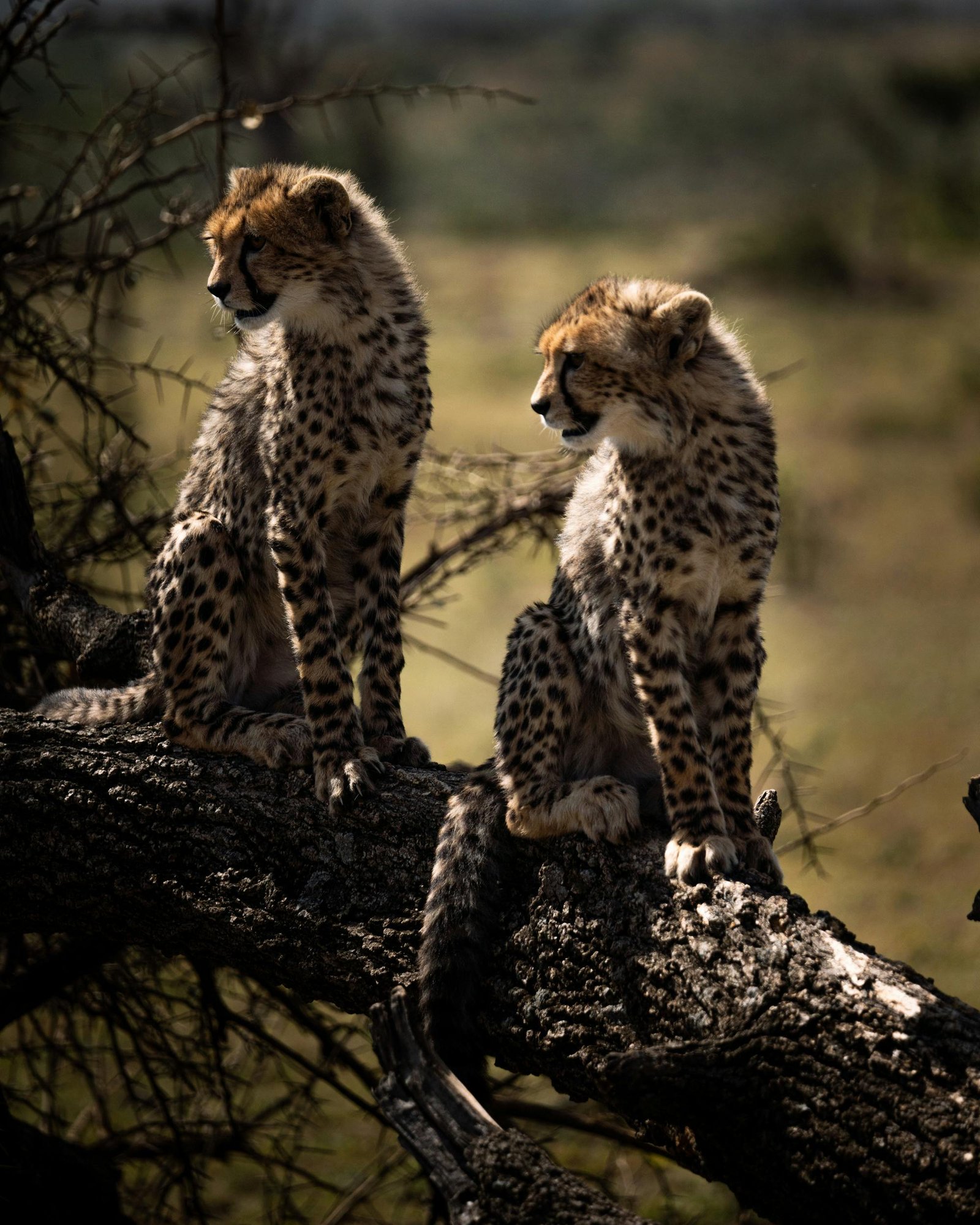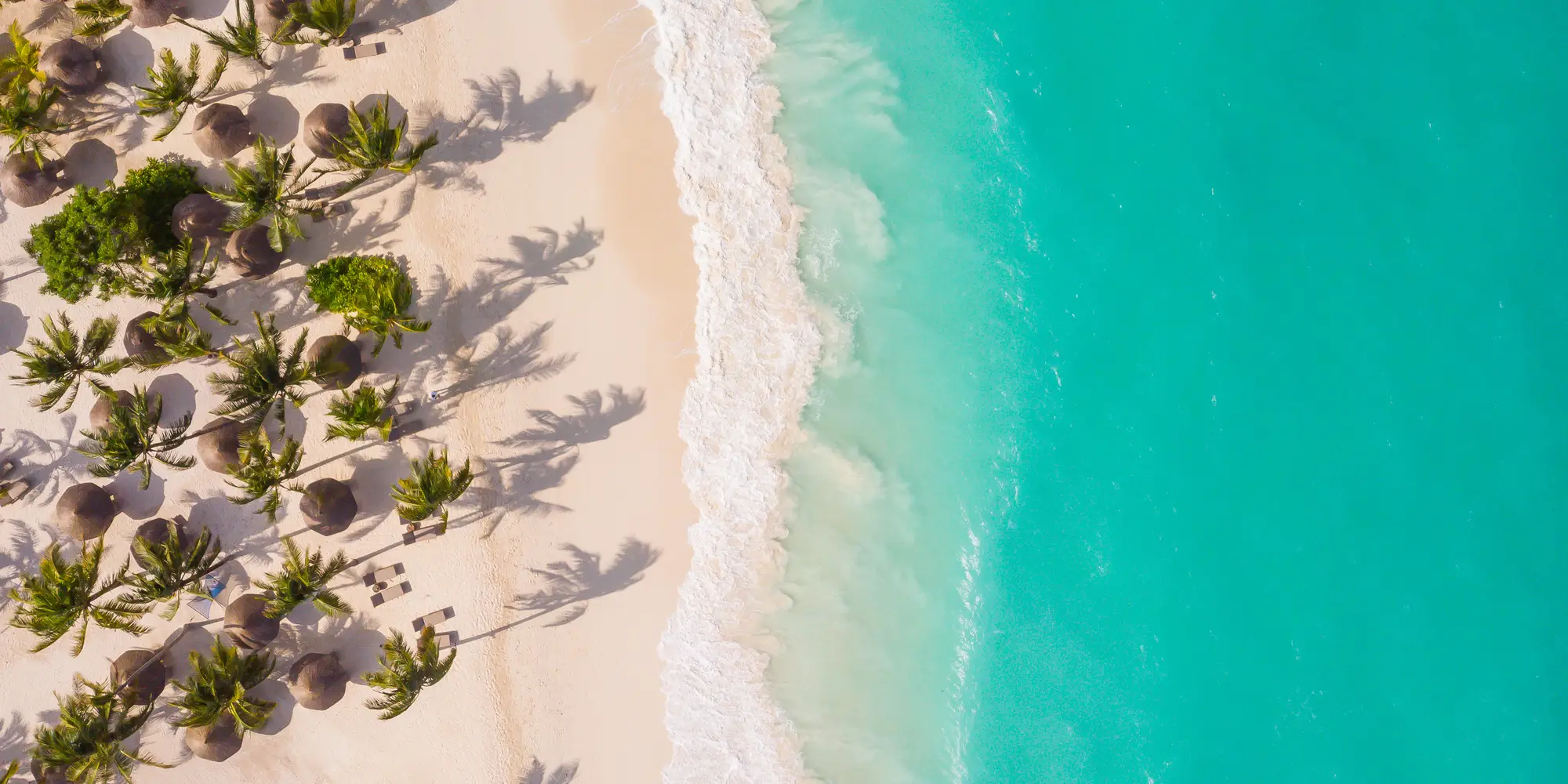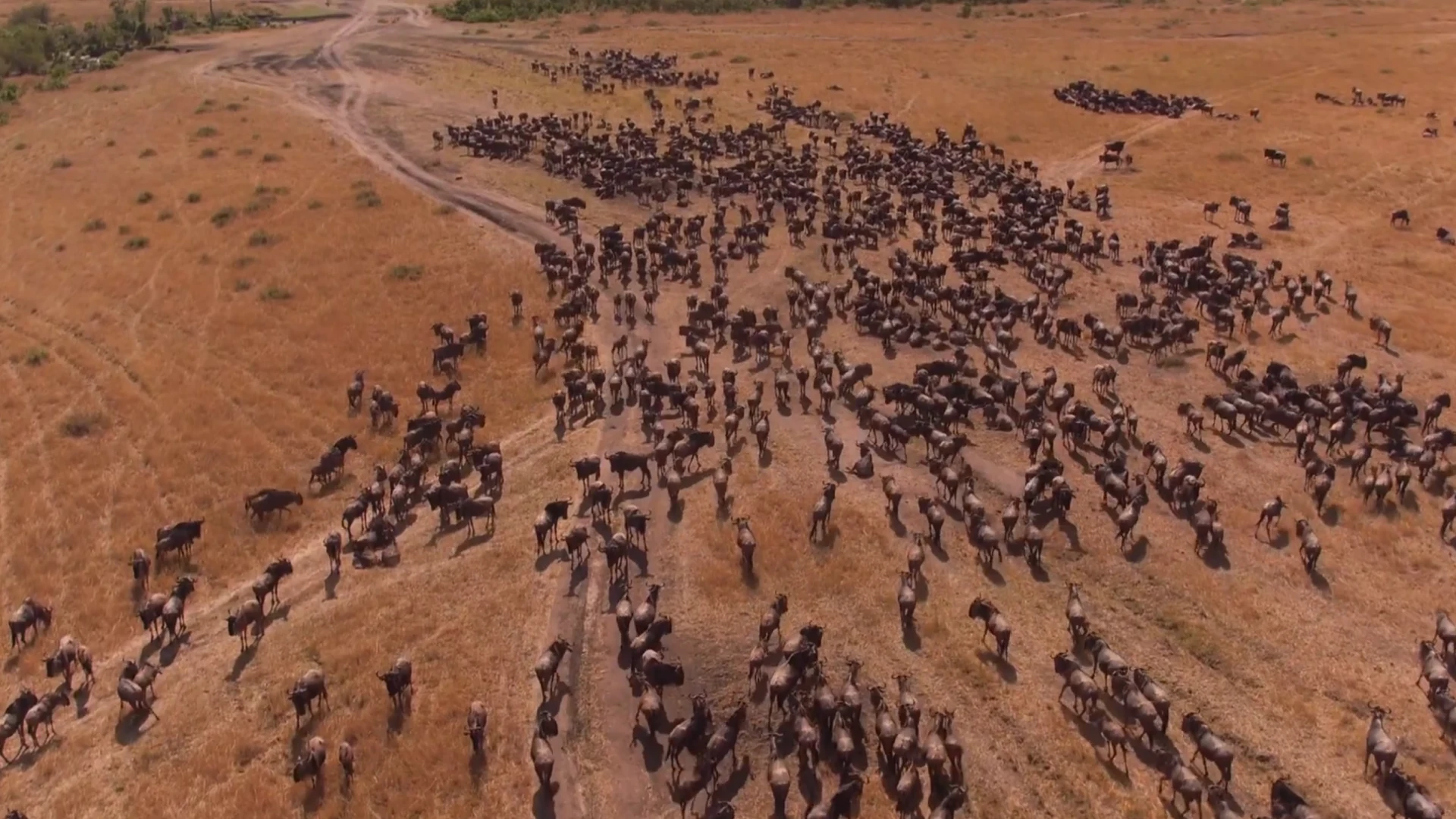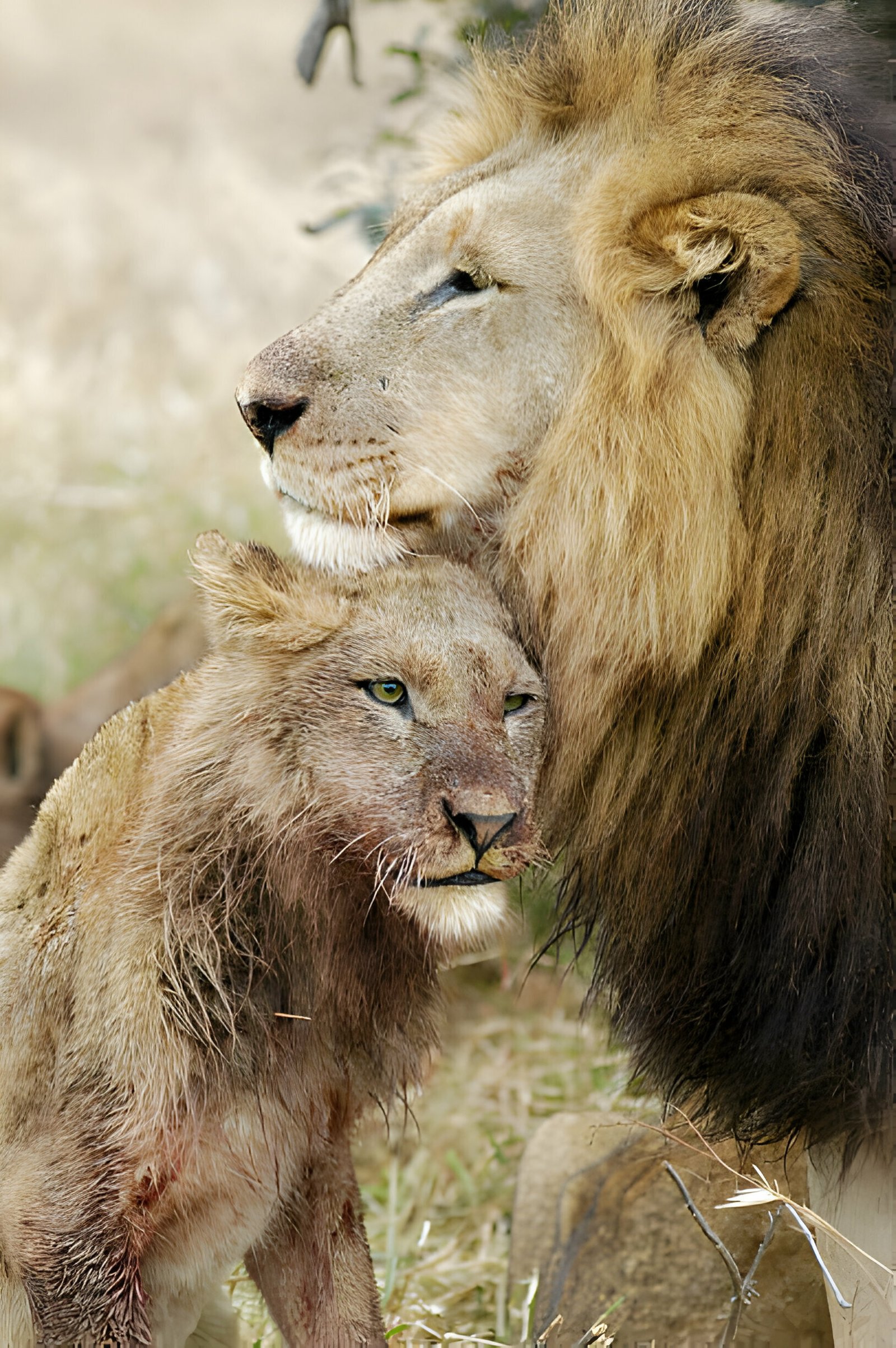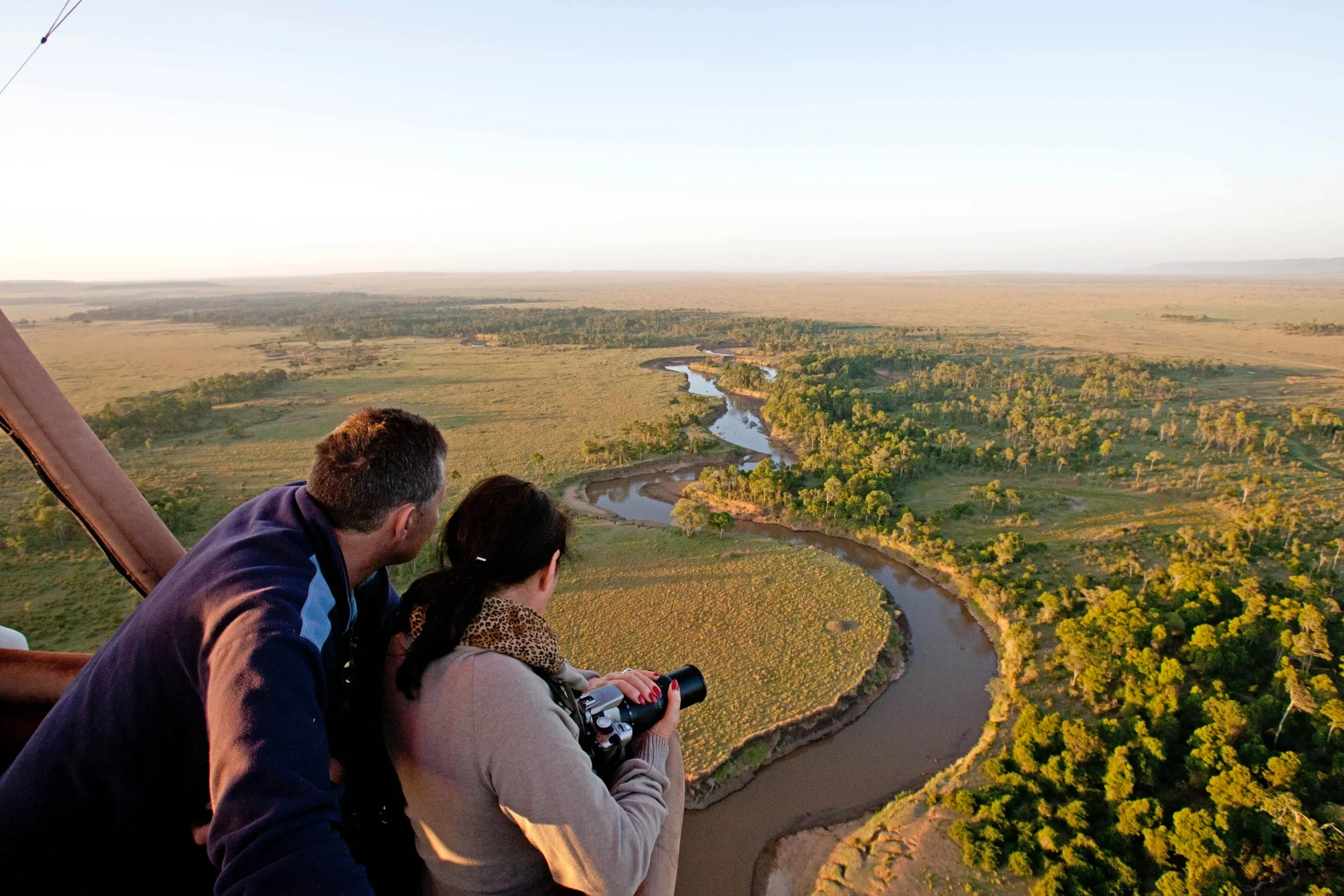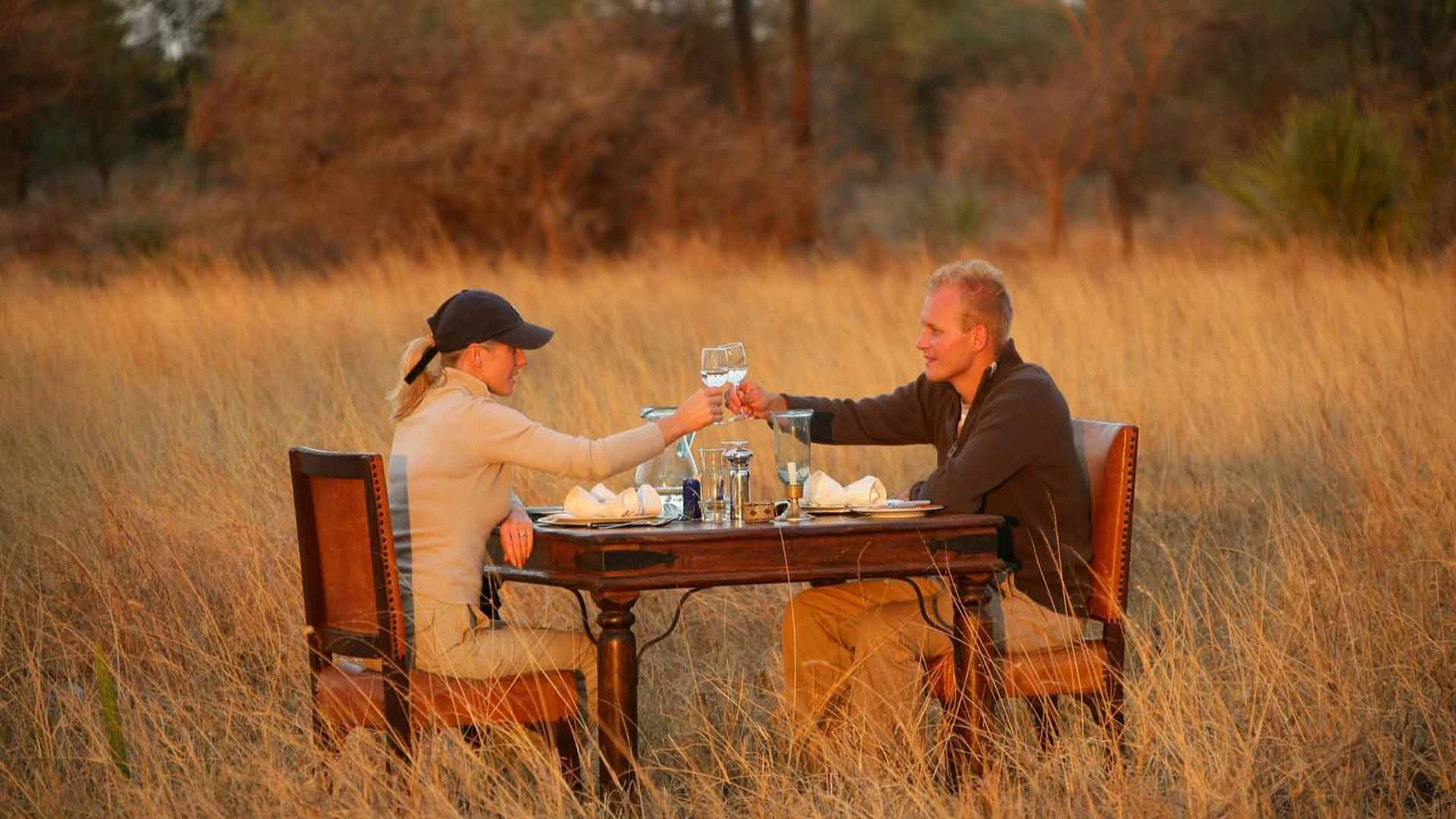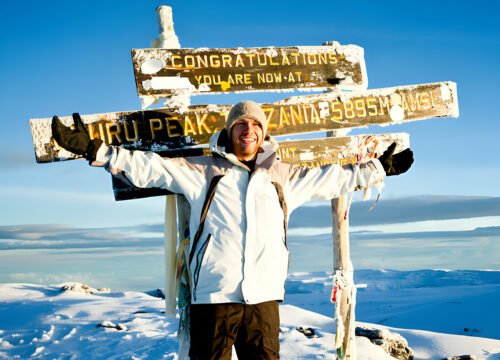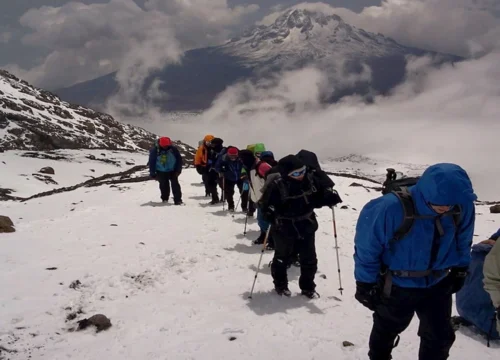
Climbing Kilimanjaro
Climbing Mount Kilimanjaro
Mount Kilimanjaro, the world’s tallest free-standing mountain at 5,895 meters (19,341 feet), is Africa’s iconic summit and a premier hiking destination in Tanzania. Each year, over 40,000 adventurers are drawn to its breathtaking landscapes and non-technical climb, which requires only good fitness and determination. With more than a decade of experience guiding over 20,000 trekkers, Tanzania Wildcats Safaris provides expert advice to prepare climbers for this extraordinary journey. The main challenge is altitude, but proper acclimatization, training, and professional support make the summit achievable for all skill levels. Multiple routes—including Marangu, Machame, Lemosho, Northern Circuit, and Rongai—offer varied experiences, with the best climbing seasons being December to March and June to October. Safety is prioritized through certified guides, health monitoring, and medical assistance. Whether a beginner or an experienced hiker, anyone can conquer Kilimanjaro with the right preparation.
Hiking Kilimanjaro Adventures
Tent Camping
Tailor-Made Safaris
Smart Planning
REQUEST A PROGRAM
We are always here to help
Why Book with us
Safety first always
Altitude, weather, and physical demands make preparation critical when climbing Kilimanjaro
Smart Planning
Our team of qualified safari experts knows how to tailor your adventure to your individual travel style
Tent Camping
Sleeping in mountain tents along the trail (except on the Marangu Route, which uses huts)
Trusted travel guide
Annually approved for tour operating activities by the Ministry of Natural Resources and Tourism
Frequently Asked Questions On Hiking Mt. Kilimanjaro
Mt Kilimanjaro is situated in the east African country of Tanzania. Visitors arrive in the country either at Julius Nyerere International Airport near the capital, Dar es Salaam, or Kilimanjaro International Airport. From there, make your way to Moshi or Arusha, depending on the departure point for your chosen route. It is advisable to arrive a couple of days before your trek departs, so you will need to arrange accommodation if not included in your package.
The best times are during the dry seasons: June to October and December to February, offering stable weather and excellent trekking conditions.
Climbs typically last 5 to 9 days, depending on the route and acclimatization needs. Longer treks improve summit success rates.
While it is possible to climb for as little as $1500, we strongly advise against this. Operators charging low prices generally have numerous ethical shortcomings, including the mistreatment of staff. Depending on the time of year and the route you choose, you should expect to pay upwards of $2000 per person, with some “luxury” options exceeding $6000. Note, that these rates generally do not include transport, pre- and post-trek accommodation, staff gratuities or other expenses.
While space and weight are prime considerations, it is better to have something and not need it, than vice versa. Porters will assist in carrying the bulk of your belongings but you should limit yourself to essentials, ideally items that are tried and tested. Read our comprehensive Kilimanjaro Packing List.
Tanzanian Safari Experiences
Ecolegacy Africa Safari Guides
How Challenging Is It to Summit Mount Kilimanjaro?
What is the cost of hike mount Kilimajaro?
REQUEST A PROGRAM
We are always here to help

